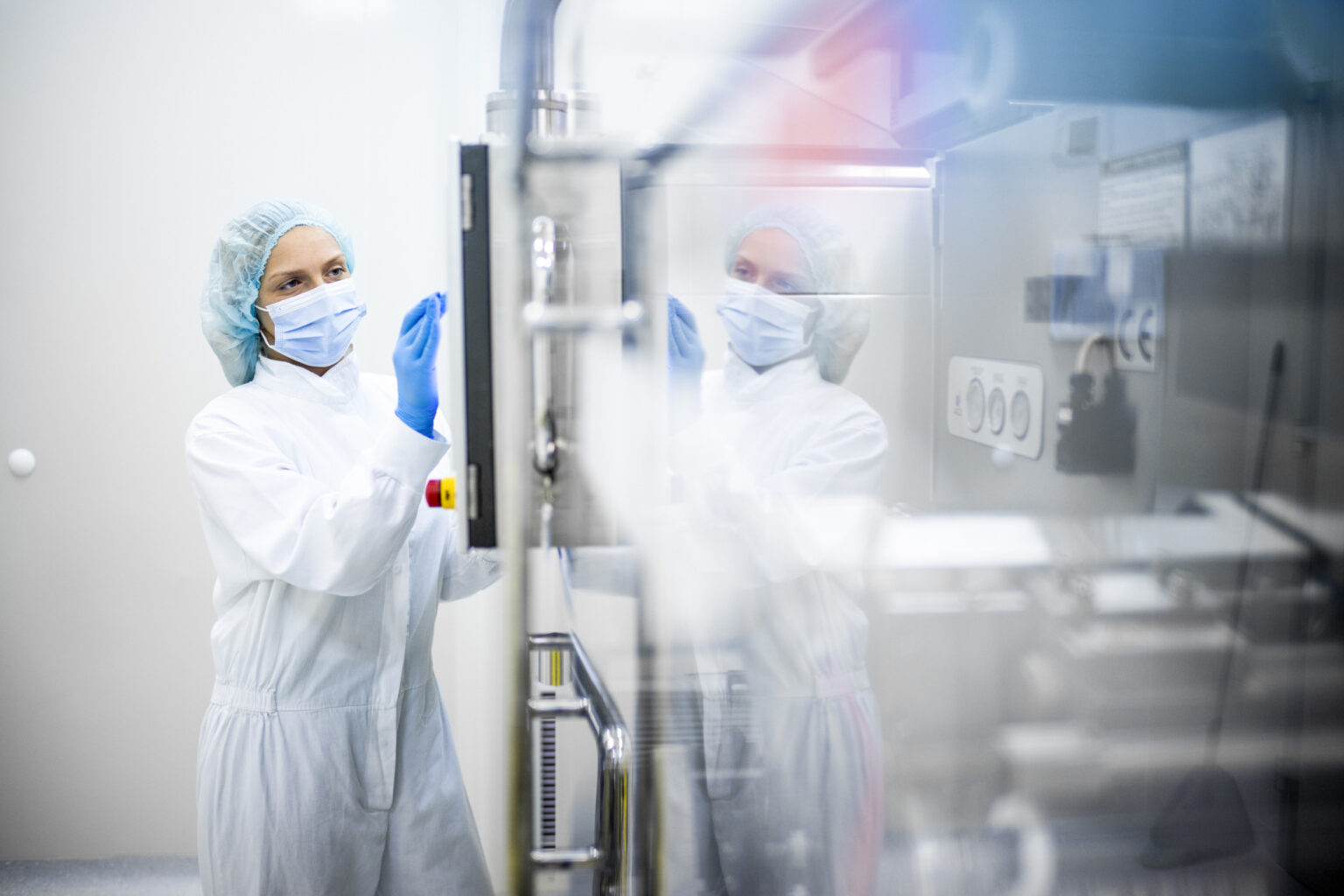Common Defective Medical Devices
Over the past 10 years, there have been hundreds of medical devices that have been recalled in the United States due to defects.
Some of these dangerous medical devices include:
- Pain pumps
- Medicine pumps
- Pacemakers
- Artificial disks
- Artificial hip replacements
- Silicone implants
- Heart stents
- Artificial knee joints
- Heart valves
- Hernia patches
- Defibrillators
- Implantable contraceptives and intrauterine devices
These dangerous products can produce a wide range of side effects that affect a patient’s health. Revision surgery, death due to defective design, and other serious repercussions are quite common when these medical devices made by a negligent medical device manufacturer are introduced to the body. If you have any of the above and you’ve noticed serious side effects, our personal injury lawyers are just a phone call away!
What Are the Most Common Injuries Caused by Faulty Medical Devices?
The above illustrates just how many medical devices can provide life-saving support when manufactured correctly and just how many can do harm when the manufacturer doesn’t guarantee the quality of said devices. But while you might have a better idea of which products can do extensive harm to the body if there are flaws in their designs, what are the most common injuries that you might suffer at the hands of these devices?
Some of the most common injuries stemming from faulty medical devices include:
- Heart attack
- Stroke
- Blood clots
- Infection
- Tissue or bone damage (especially in the case of implants like defective hip implants)
- Allergic reactions to the devices
- Organ loss
- Chronic pain
- Disability
- And more…
Simply put, medical negligence on the part of medical device companies can have serious consequences for patients. Fortunately, there are legal options out there to help you navigate medical malpractice lawsuits. But what causes these product defects?
What Makes Them Defective
Many cases of defective medical devices are a direct result of the product manufacturer’s negligence. Oftentimes, companies become eager for approval by the Food and Drug Administration (FDA) so they can begin selling their products, and they fail to perform the appropriate tests or conduct the necessary research. They may know or suspect that a defect is present but not perform tests that would reveal the defect.
When a device is recalled, it does not always have to be surgically removed. If you find that your medical device is defective, you can discuss with your doctor the risk of removal and the risk to your health if that device malfunctions.
Defective medical devices may also be sparked by budget cuts. If further testing is needed and there is not enough money to conduct these tests, a company may recall its product. Design defects that are not discovered until after the product has hit the shelves may also prompt a massive product recall.
Speak With Our Legal Team for Free Today
At Walner Law®, our talented and compassionate lawyers have more than 75 years of experience fighting for the rights of product liability victims, and we understand the limits for injured patients in these types of lawsuits.
If you live in the Chicago area and have been injured by a defective medical device, please contact our office today for support from an experienced defective medical device lawyer. We offer free consultations and will never charge unless we get money for you. We also offer full support and walk you through the entire process so you know how a personal injury claim works, what to expect, and how your personal case is progressing.


 Skip to content
Skip to content








